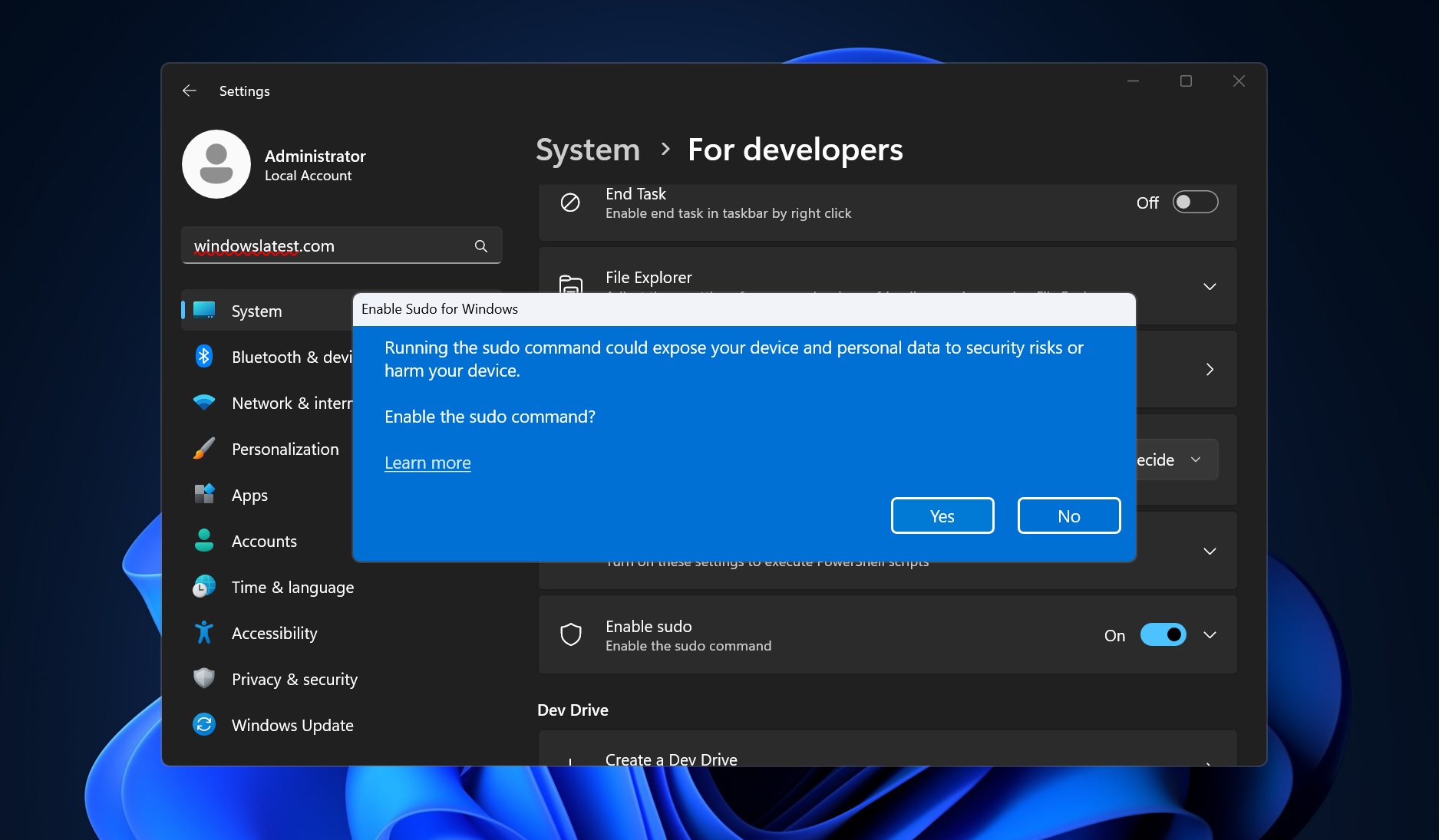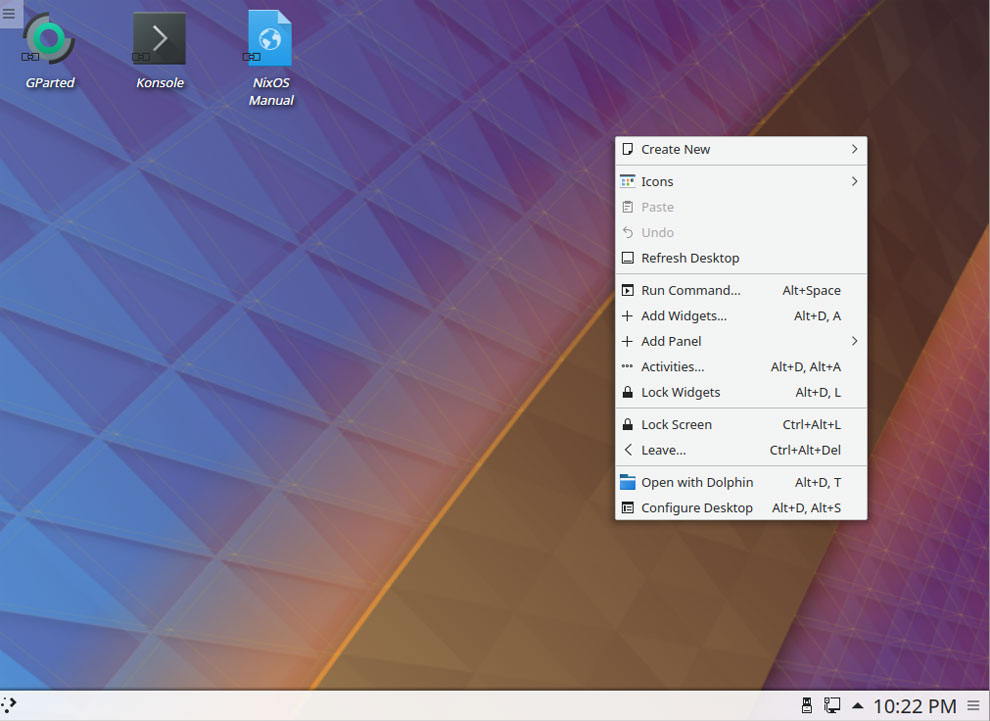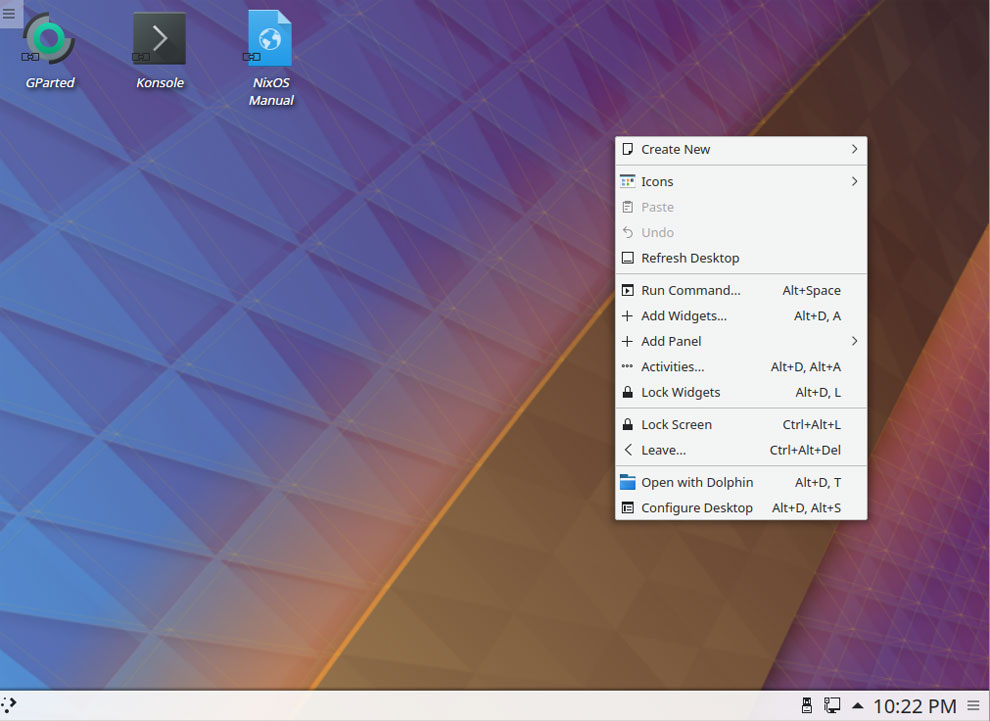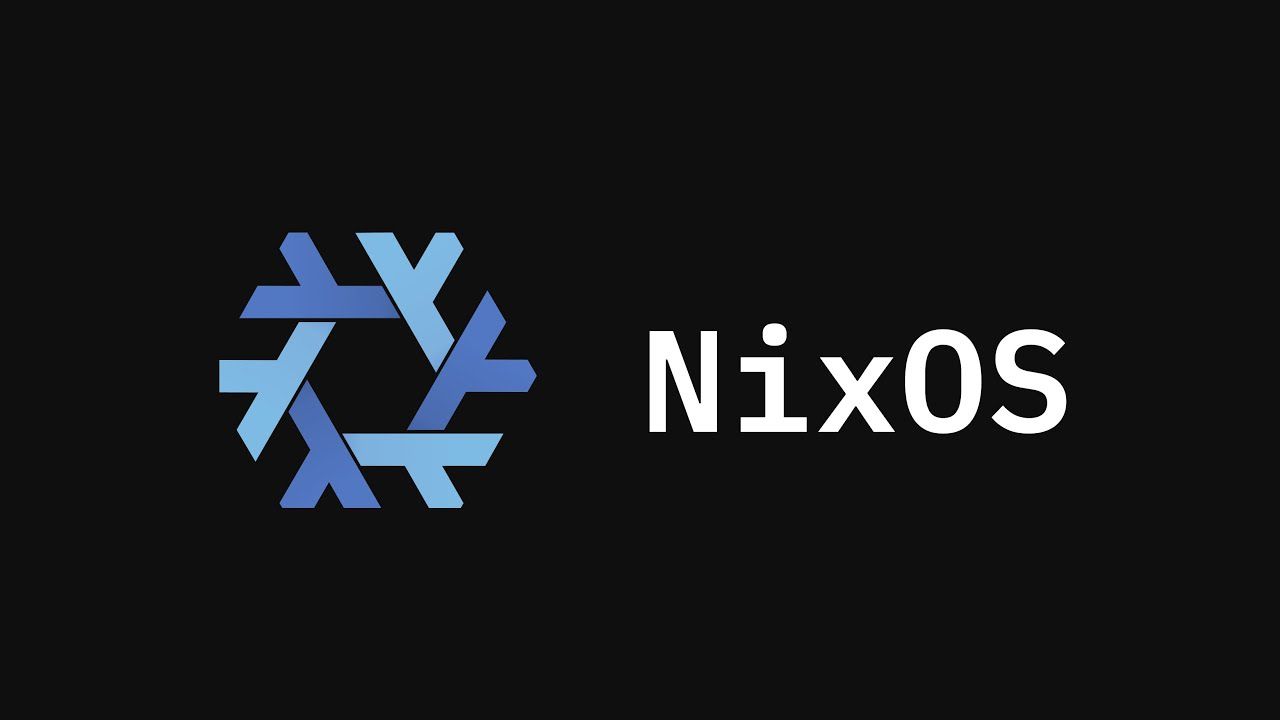
Microsoft Introduces Linux’s Sudo Command to Windows 11
In a groundbreaking move, Microsoft is bridging the gap between Windows and Linux by incorporating Linux’s sudo command into Windows 11. Sudo, derived from “superuser do,” is a command widely utilized in Unix-based systems like Linux and macOS to execute programs with elevated security privileges or on behalf of another user. This integration marks a significant shift towards making Windows a more developer-friendly environment.
Microsoft’s adoption of sudo within Windows 11 allows developers to execute elevated tools directly from a non-elevated console session. Jordi Adoumie, a product manager at Microsoft, describes it as an ergonomic and familiar solution for users seeking to elevate a command without the need to open a new elevated console.
Configurable Sudo Settings
Developers can anticipate sudo to be configurable in upcoming versions of Windows 11. The feature is currently undergoing testing in the latest Canary build of Windows 11 and is slated for release to standard versions later this year. Microsoft is offering three modes for configuring the sudo command: a new window, disabled input, and inline. The inline mode closely mirrors the functionality of Linux’s sudo.
Open-Source Initiative
In a move towards transparency and collaboration, Microsoft is open-sourcing the sudo project on GitHub. The tech giant plans to provide further insights into the future developments and enhancements surrounding sudo in the months ahead.
Embracing Linux
The inclusion of sudo in Windows 11 follows Microsoft’s previous strides in embracing Linux. Notably, Microsoft integrated a full Linux kernel into Windows 10, introduced the Bash shell, incorporated native OpenSSH support in Windows 10, and made Ubuntu, SUSE Linux, and Fedora available in the Windows Store.
This latest integration of Linux’s sudo command into Windows 11 underscores Microsoft’s commitment to fostering a more inclusive and versatile computing environment that caters to the diverse needs of developers and users alike.















